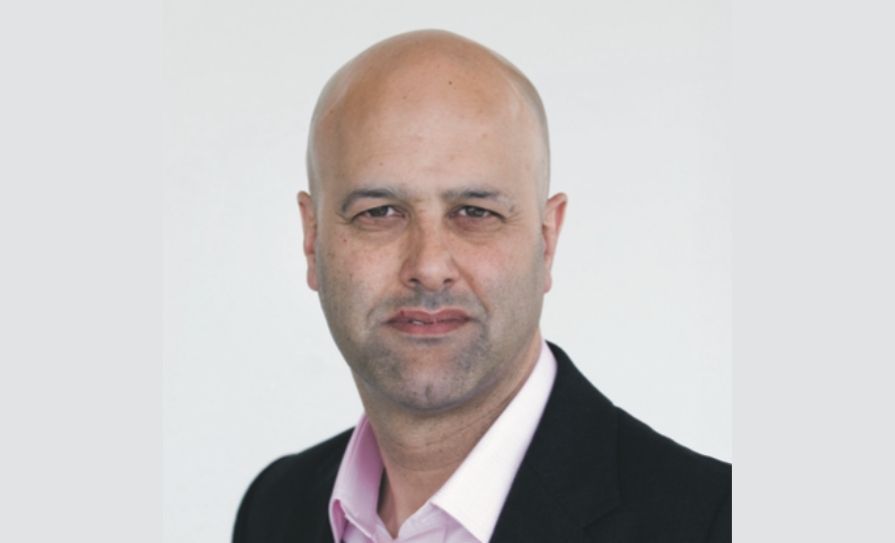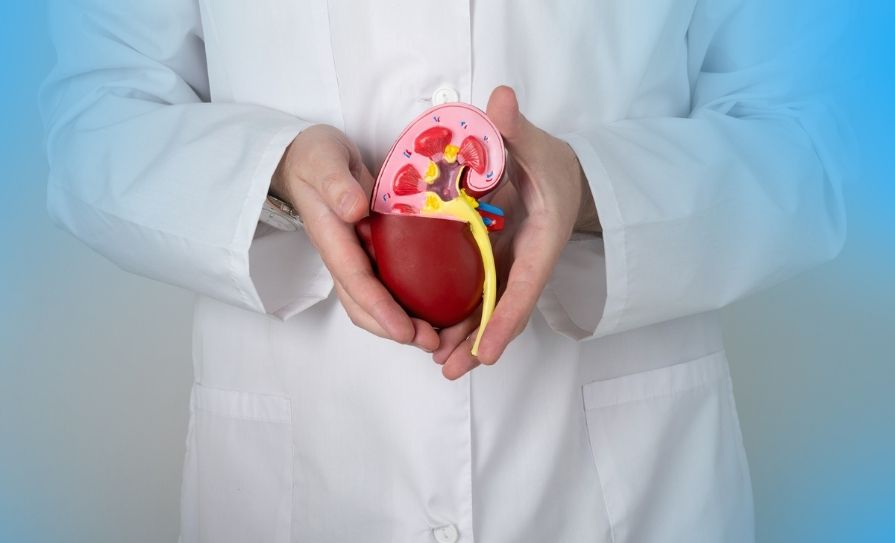There need to be improvements in education and supports for trainees to help them deal with the death of patients, according to a new survey.
Dr Conor Moloney, an oncology NCHD based at Cork University Hospital (CUH), presented the results of the survey to the 2024 Irish Society of Medical Oncology (ISMO) Bursary Awards meeting, which took place on Friday 19 January in the Catherine McAuley Centre, Mater Misericordiae University Hospital, Dublin.
The survey was sent to trainees in CUH after ethical approval from the social research ethics committee in University College Cork.
Participants answered questions regarding prior training or education relating to death and dying, their confidence in recognising and managing dying, and their opinion on the adequacy of the training or support available currently. A modified version of the spiritual wellbeing scale questionnaire, a validated tool to provide an overall measure of perceived spiritual quality-of-life, was used to assess the impact in regard to spirituality.
To date there have been 92 participants in the survey.
A total of 51 trainees were at intern level, 19 were at SHO level, and 22 were at registrar or SpR level.
Over 70 per cent disagreed or strongly disagreed that they have received adequate training in relation to death and dying.
Over half did not feel confident discussing end-of-life care with patients or their families, while 70 per cent felt that support/debriefing offered after the death of a patient was inadequate.
The vast majority agreed or strongly agreed that end-of-life care was important to the delivery of acute care.
According to the results, 71 per cent of participants reported that the death of a patient has had a personal impact on them.
The survey highlighted the importance of improving the training and supports available to trainees in dealing with death and dying, according to the conclusion.
This had the potential to benefit both trainees through better wellbeing, and their patients by improving confidence and competence in providing end-of-life care.
Recruitment is ongoing in this survey, which aims to expand to other hospitals in the South/South West Hospital Group.
The Hospital Group had not commented on the survey findings at the time of going to press. See full conference coverage.













Leave a Reply
You must be logged in to post a comment.